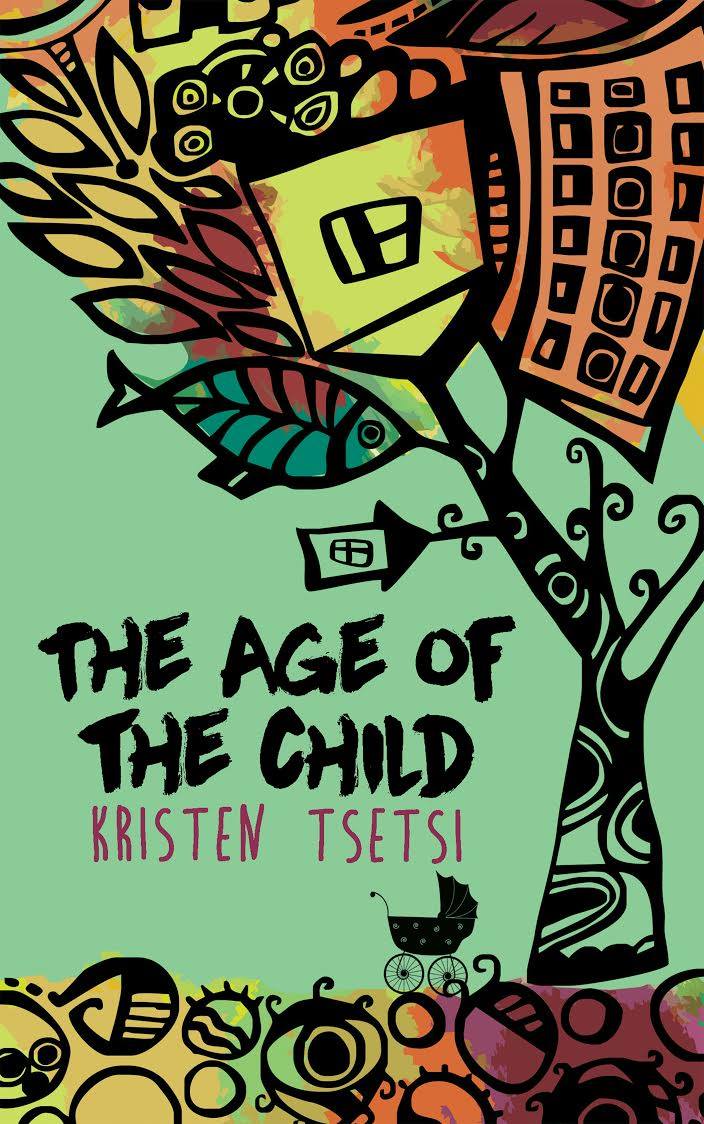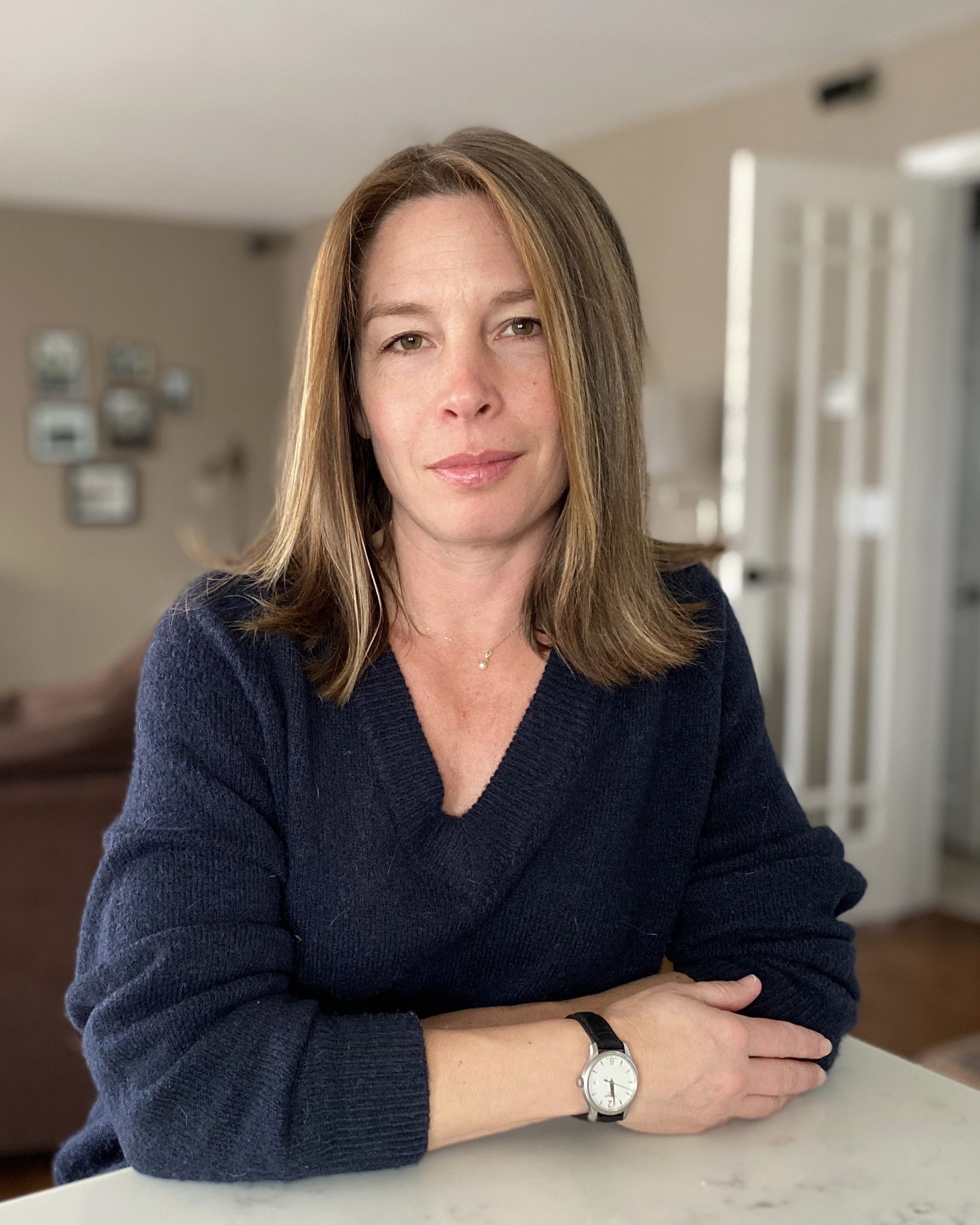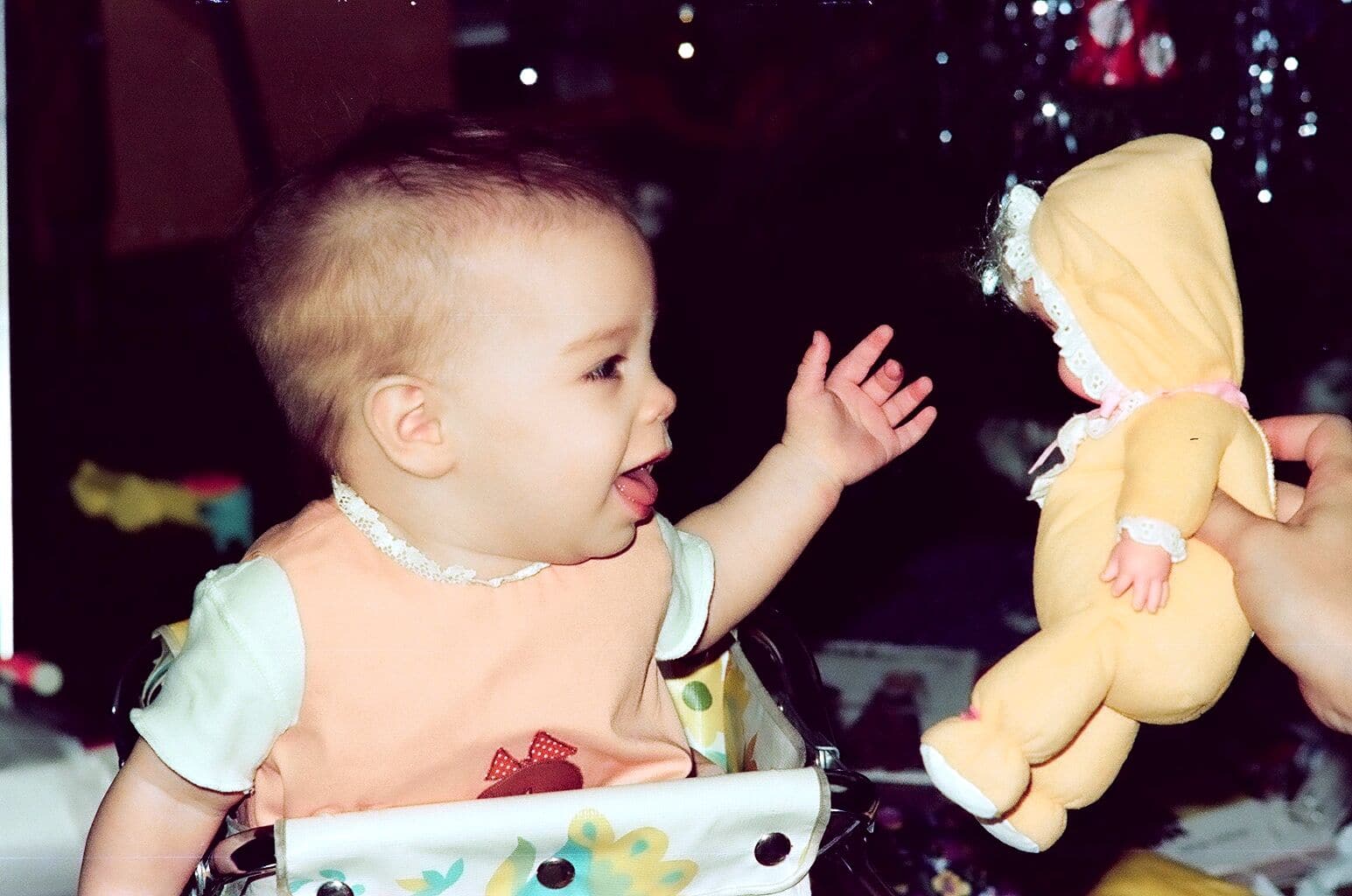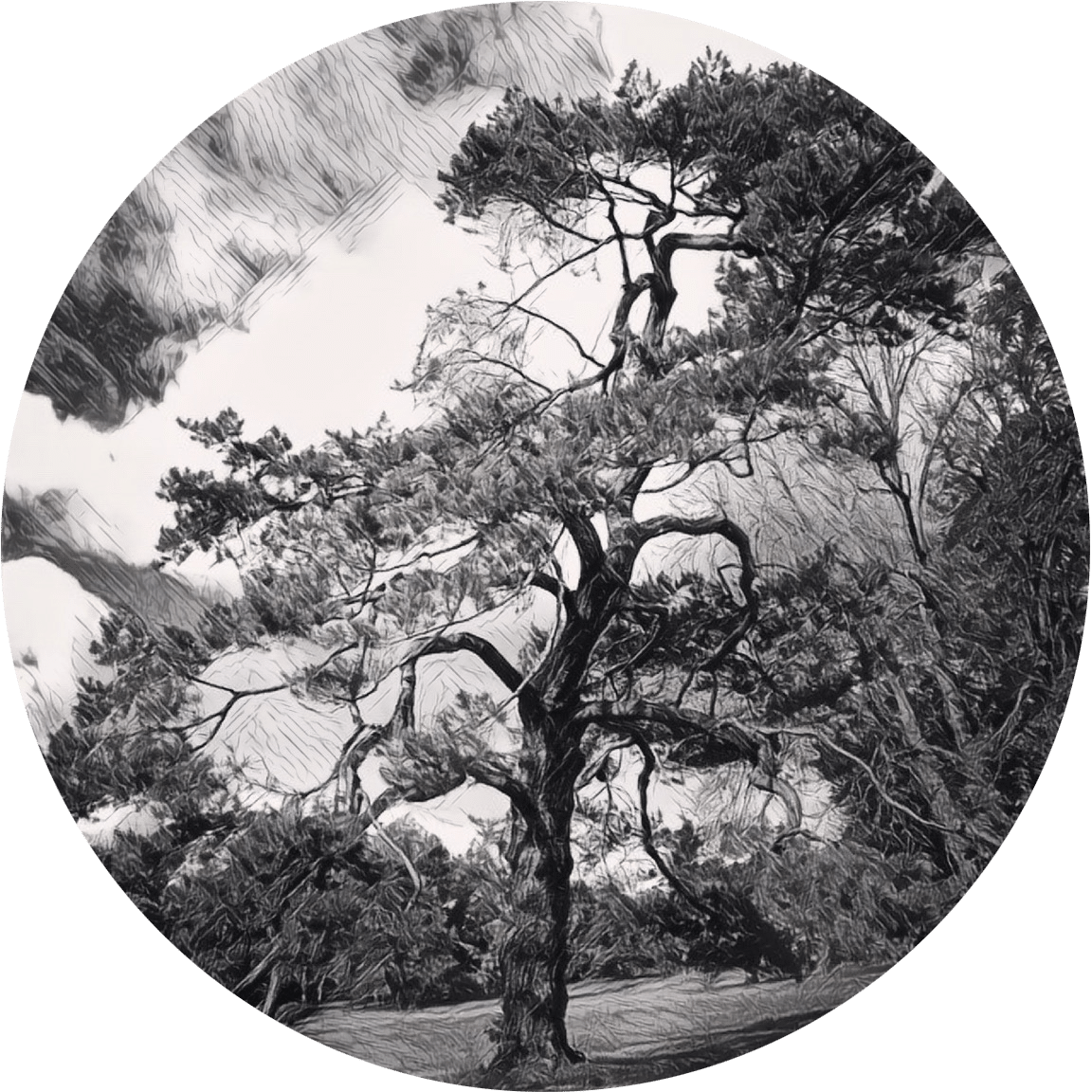“They make you study and get a license to drive a car. You need a license to buy a gun. Hell, you can’t even go fishing without a license. But I tell ya, they’ll let any ______ have a child.”
I can’t be the only one who’s heard someone say this. I can’t be the only one of you reading this who’s said it. (It’s hard not to say or think such a thing in response to some of the more horrifying stories that pop up in the news.)
A few years ago, I knew I wanted to write a story about a world in which parent licensing is in effect. How would it look if, rather than a government trying to restrict efforts to not have children, they created restrictions for those trying to have them?
What would those restrictions be? Who would be legally allowed to have children, and who wouldn’t?
These were (creatively) fun questions to try to answer. Over the course of two years, I thought about the characters living in that world and what their struggles would be in such an environment.
But then a different question, a more important one, emerged: What would bring not only the government, but the people, to a place where parent licensing would be broached as an option?
It had to start somewhere, and to me it seemed there was only one logical place to begin:
NATION—In a long anticipated but hard fought move, the country’s five holdout reproductive health clinics will chain their doors today in compliance with federal laws enacted under the pro-creation Citizen Amendment. Anti-abortion and pro-creation activists who together have waged a decades-long battle for the protection of unborn citizens call the clinics’ closings “an epic victory”…
 Some states have already come close to succeeding in something like the above, and their reasons for wanting such closures are the same as the government’s in The Age of the Child: to protect all unborn citizens.
Some states have already come close to succeeding in something like the above, and their reasons for wanting such closures are the same as the government’s in The Age of the Child: to protect all unborn citizens.
But if restrictions extended beyond one state and to the whole country, what might the effects be?
The question to me became, what would be the intimate, immediate impact on the lives of people living in the world before licensing–and then living in the world after it?
In The Age of the Child, Katherine struggles against the “before” and Millie fights the “after” while the rest of the country has its own inevitable reactions to everything in between.
It’s easy to say “think of the children,” but it’s a little more complicated to implement the laws designed to protect them.
*Disclaimer (to be muttered quickly): The opinions and commentary of the characters are not necessarily the opinions of the author.
The Age of the Child releases Nov. 23 (ebook and print) and is available now for Kindle pre-order at the reduced price of $4.99 (reg. $9.99).

Kristen Tsetsi is the author of the post-Roe v. Wade novel The Age of the Child, called “scathing social commentary” and “a novel for right now.” She is also the author of the novels The Year of Dan Palace and Pretty Much True (studied in Dr. Owen W. Gilman, Jr.’s The Hell of War Comes Home: Imaginative Texts from the Conflicts in Afghanistan and Iraq). Kristen’s interview series at JaneFriedman.com offers behind-the-scenes insights into all things writing and publishing.



